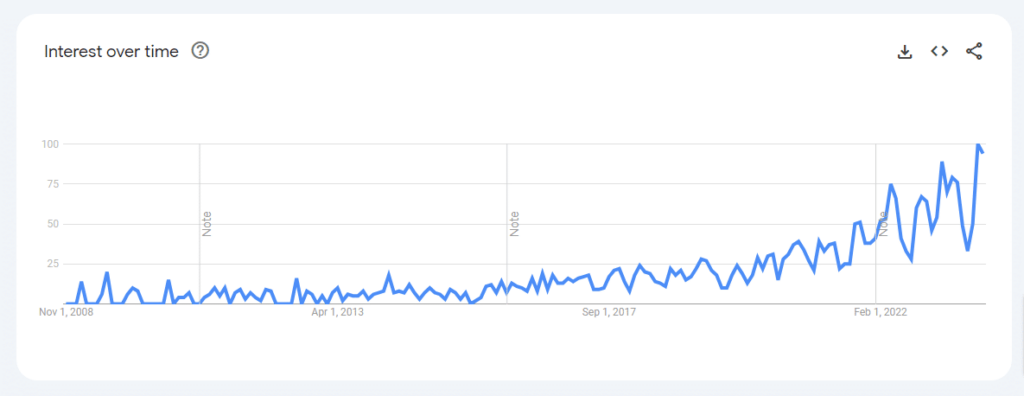With all of the reading and learning that I do, there is a clear path for much of it. I find areas that are new to me, dig in, and try to learn more.
In many cases, though, my gaps aren’t readily apparent and I simply don’t know what I’m wrong about.
In her book “I Never Thought of It That Way“, author Mónica Guzmán shares this story:
“Is it safe to assume all sixty-three of us are wrong about something right now?” David Smith asked the virtual, pandemic-era class I joined one evening. In Zoom squares on my screen, heads considered, then nodded. “I think so, because we’ve been wrong about so many things before,” he continued. But there’s a problem: we don’t know what we’re wrong about. “That simple observation, ‘I’m wrong, I just don’t know what about!’ should produce some humility,” David Smith said. “Some willingness to listen.”
Willingness to listen is certainly a big part of this, but surrounding yourself with people willing to share is equally important. If you’ve positioned yourself in a way where observations like that are shut down, people will stop sharing them with you and you’ll no longer have that opportunity to learn.
Online it’s the issue of “unfollow me if you disagree“, but I find I gain even better insights from conversations in person. A good example from a few years ago was when a member of our team corrected me on a story about Matt Lauer; I was sharing bad information (that I was confident was accurate), and I had no idea that I was wrong. I was very politely corrected, and become less wrong in the process.
All of us frequently don’t know what we’re wrong about, so the willingness to listen (along with the willingness to share with kind candor) can make us all better people.
